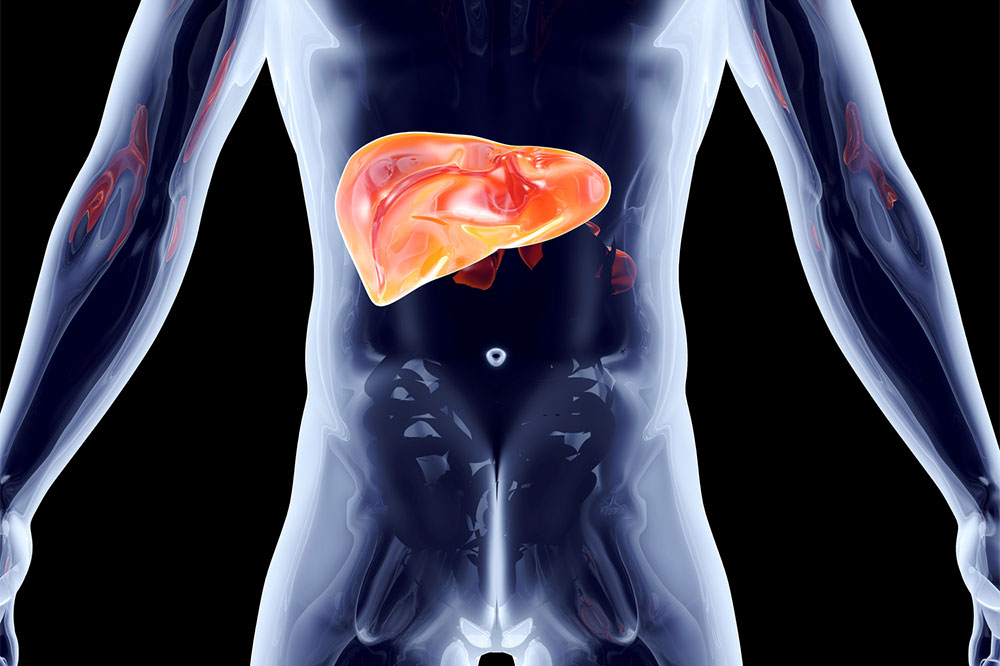10 early signs of amyotrophic lateral sclerosis

Amyotrophic lateral sclerosis (ALS), also called Lou Gehrig’s disease after the famous baseball player who succumbed to the disease, is a motor-neuron condition characterized by the breaking down of nerve cells in the body and leading to a degeneration of the brain and spinal cord. Approximately 5.2 per 1,00,000 individuals are affected by this neurodegenerative disease each year nationwide. Here are some early warning signs of ALS that can facilitate timely intervention:
Early warning signs of ALS
Difficulty walking
This health condition begins with muscular weakness, which eventually poses difficulty standing and walking. Thus, ALS patients may require assistive devices like crutches or wheelchairs as the disease progresses.
Problems with chewing and swallowing
Since ALS involves the weakening of the masseter and temporalis muscles responsible for chewing and swallowing, individuals with ALS face difficulties carrying out these activities independently and may require assistance while having their meals.
Muscle cramping
Muscle cramping is a highly prevalent symptom among patients with ALS, reportedly affecting 95% of patients with this condition.
Spasticity
Muscle weakness due to ALS may progress to muscle tightness or spasticity, making it difficult for patients with this disease to move the different muscles in their bodies.
Loss of control over emotional expression
Some patients with ALS may experience a momentary loss of control over their emotional expressions, such as crying or laughing. This symptom is called the pseudobulbar effect and is experienced only by some patients with this condition.
Slurred speech
Weakness in the muscles responsible for speech may cause slurred or unclear speech among patients with ALS. This symptom typically begins with intermittent slurring and loss of clarity and progresses to extreme difficulties with speaking.
Loss of grip
Due to weak arm muscles, persons with ALS may experience losing grip, finding it difficult to hold objects for long.
Digestive issues
Some patients with ALS may have digestive issues like bloating, constipation, and other stomach impairments.
Urgency incontinence
Urgency incontinence refers to an urgent, uncontrollable need to pass urine, a symptom common among patients with ALS. This symptom may also lead to embarrassment and social isolation among patients.
Muscle twitching
Muscle twitching is a common ALS symptom that does not cause pain but can disturb one’s sleep.
In general, the body requires protein for muscle repair and strength. Since ALS involves loss of muscle strength, patients with this condition should have sufficient servings of protein, including dairy products (if not lactose intolerant), legumes, tofu, lean meats, and eggs.
Moreover, one of the common symptoms of ALS is difficulty chewing; therefore, patients with this condition should have foods that are easy to chew. Since digestive issues are also prevalent among individuals grappling with ALS, foods that are easy to digest can help manage such symptoms better. Thus, one may have soft foods like boiled white rice, rolled oats, mashed potatoes, and well-cooked vegetables. Early diagnosis, timely intervention, adequate social support, and lifestyle changes can aid with ALS symptom management.






